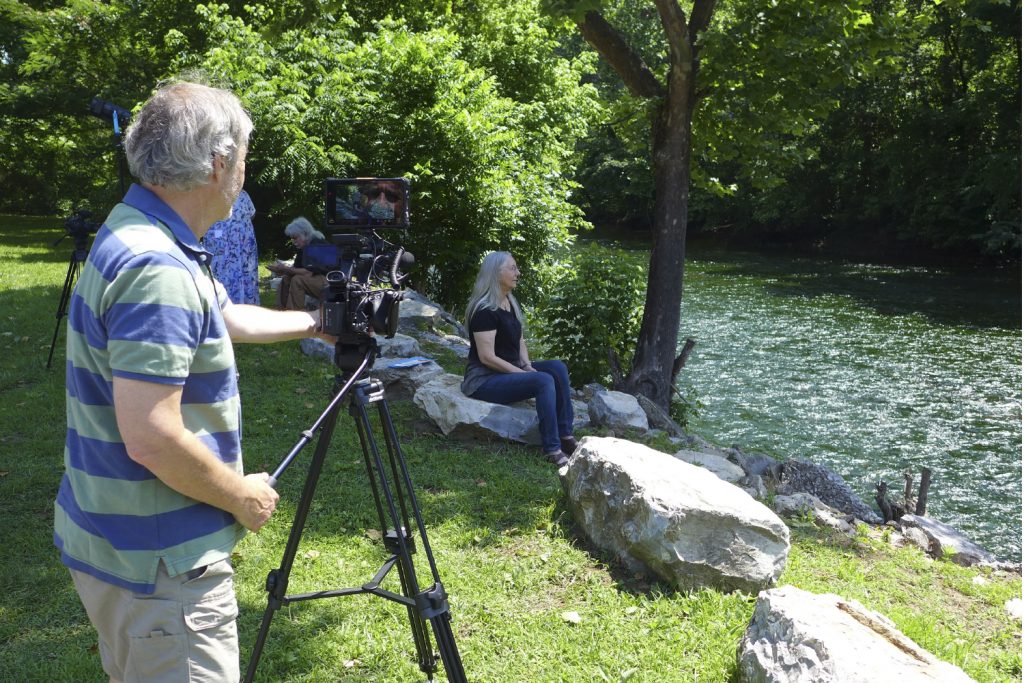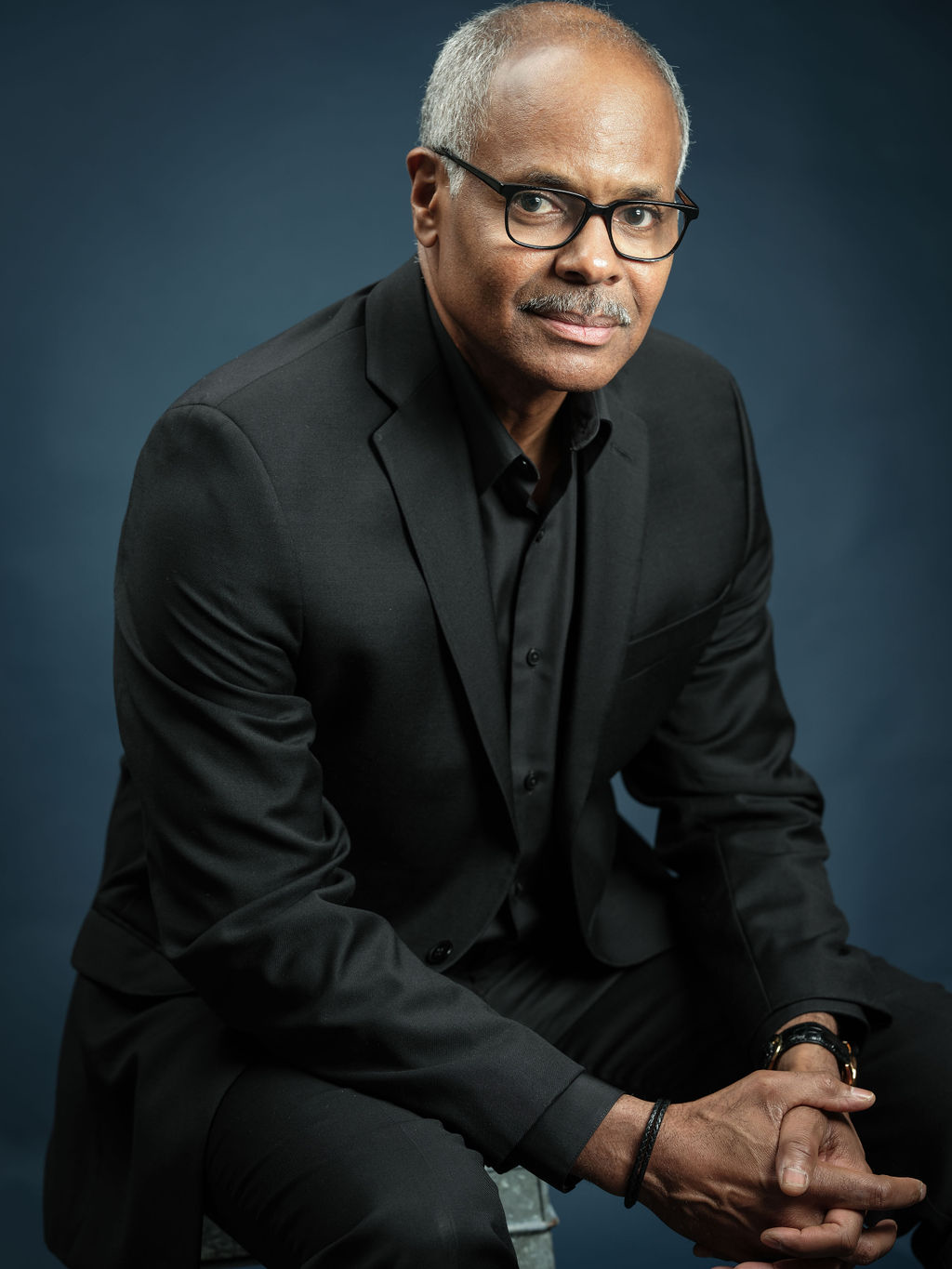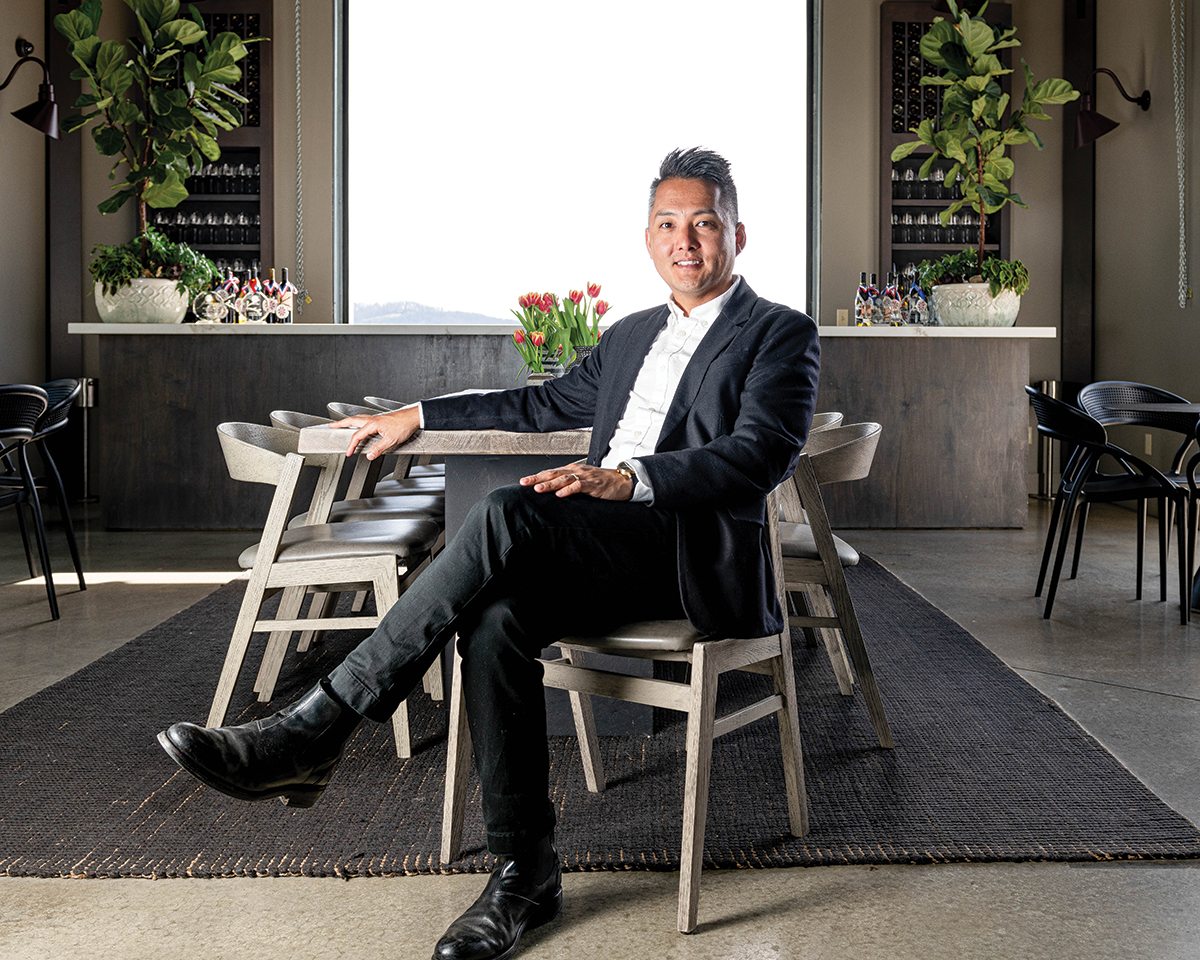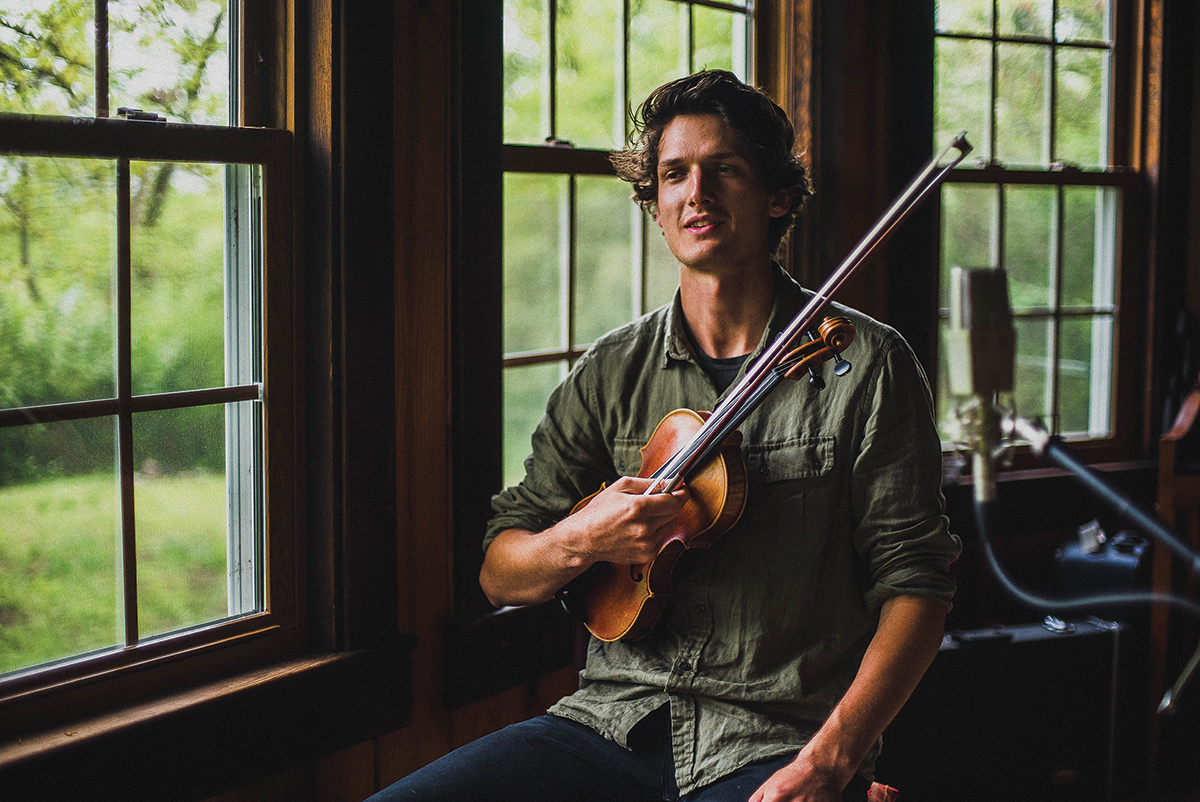Local documentary honors the original river stewards

Courtesy Erwin Dargan and Center for Cultural Preservation.
Water is life. The health of an ecosystem depends on its access to clean water. In David Weintraub’s new documentary feature, Guardians of Our Troubled Waters: River Heroes of the South, this fundamental connection between water and life is introduced by Native American folklore, told by representatives tribes along the French Broad River and its tributaries in Western North Carolina and Tennessee. The waters in the Everglades of South Florida are also discussed, though it seems somewhat like an appendix to the local concern.
While the importance of fresh water is critical enough to be encoded into foundational mythologies, humankind has too often put it aside in periods of sustained growth and development. It is this story, and its ultimate correction through advocacy and stewardship, that Guardians of Our Troubled Waters wants to tell.
In particular, the film focuses on the legacy of two women: well-known author/activist Wilma Dykeman of Asheville and Marjory Stoneman Douglas, a journalist and conservationist who spent the majority of her life in South Florida. (A building in Parkland, Florida, named in her honor is now tragically notorious as the site of the deadliest high-school shooting in history.)
These two women spoke out against rampant freshwater pollution and wholesale destruction of ecosystems and communities during a time when most people hadn’t the consideration, much less the argument, to rally against the industries that imperiled the waterways. Weintraub’s film points out that Dykeman’s seminal work, The French Broad, predated Rachel Carson’s conservation masterpiece Silent Spring by seven years. These women were truly the vanguard of the environmental movement. They gave voice to communities suffering from the after-effects of pollution and clearances downstream. Ultimately, with patience and dedication, the worst of the pollution was stopped, wilderness was protected, and, today, new generations spearhead attempts to undo what damage they can.
But Guardians of Our Troubled Waters is not a wholly triumphant tale. Much of what was done in the name of industry and progress cannot truly be undone — not in our lifetimes, or even in our children’s children’s lifetimes. However, the drama and passion of those first-generation advocates makes for compelling narrative. And it’s not hard to feel hopeful at seeing communities beat the odds and catalyze real change. Examples include Jill Hodges, a member of the Dead Pigeon River Council, who fought to clean up the portion of the Pigeon poisoned with dioxin by the Champion paper mill in Haywood County. The film challenges its viewers to be a part of this ongoing action.
Says director David Weintraub, “So much of what we take for granted today — clean drinking water, whitewater rafting, kayaking, fishing, and the thriving brewery community — harkens back to those who refused to allow profits to come before human health and the health of river ecosystems. These stories are vital because they remind us about who we are and why our natural resources are critical for our survival, and that of our cherished wildlife.”
Guardians of Our Troubled Waters: The River Heroes of the South premieres at Blue Ridge Community College’s Bo Thomas Auditorium (180 West Campus Drive) on Thursday, June 20, at 7pm. $15 admission. For more information, call 828-692-8062 or see saveculture.org.



